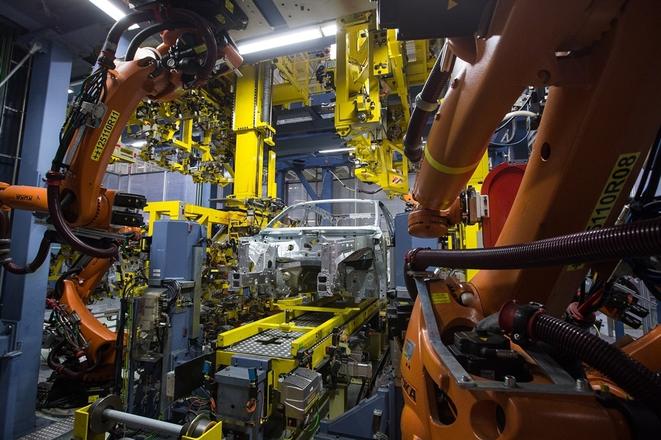All four carmakers, steelmakers and the ceasing brown-coal mine were among the 20 biggest receivers of state aid to help businesses maintain employment in 2020.
In total, Slovakia paid some €4.6 billion or 5.1 percent of GDP for measures to combat the virus and impacts of the pandemic, estimates the Institute for Financial Policy (IFP) that runs under the Finance Ministry.

Refunding wage costs is one of the ways the Slovak government helps businesses stay afloat during the pandemic. Other types of business support include direct aid to firms and individuals, tax payment deferrals, banking guarantees and other measures.
“Not all of them will have an impact on the state budget,” wrote the IFP.
For example, deferral of taxes and loan instalments only delay the arrival of this money to the state coffers. Bank guarantees will only burden the state budget if firms start going bankrupt. Moreover, the European Union will reimburse Slovakia part of the direct aid from expenditures spent on fighting the pandemic, noted IFP.
Total costs | €4.6 bln |
|---|---|
Direct aid (support of work places, pandemic benefits, pardoned levies | €1.3 bln |
State bank guarantees and loans | €1 bln |
Deferred loan installments | €0.7 bln |
Deferred income and payroll taxes | €0.5 bln |
Transfers within the state administration | €0.5 bln |
Health care expenditures | €0.3 bln |
Other measures | €0.4 bln |
Source: IFP |
In Slovakia, business entities can request aid depending on the purpose and the sector in which they operate.
The Labour Ministry allocates aid to help companies to maintain employment and reimburse them for reduced revenues, this aid also being the biggest one. The Economy Ministry provides rental subsidies (it paid out almost €40 million during the first wave of the pan demic and more than €13 million during the second wave so far), while the Transport Ministry is responsible for allocating support to companies operating in the tourism sector. The Culture Ministry is supposed to provide aid to artists and related professions.
Businesses have complained that the way the Slovak government supports them during the crisis is chaotic, not well communicated and demanding in terms of red tape.



 Car production in Volkswagen Slovakia in Bratislava. (source: Courtesy of Volkswagen Slovakia)
Car production in Volkswagen Slovakia in Bratislava. (source: Courtesy of Volkswagen Slovakia)